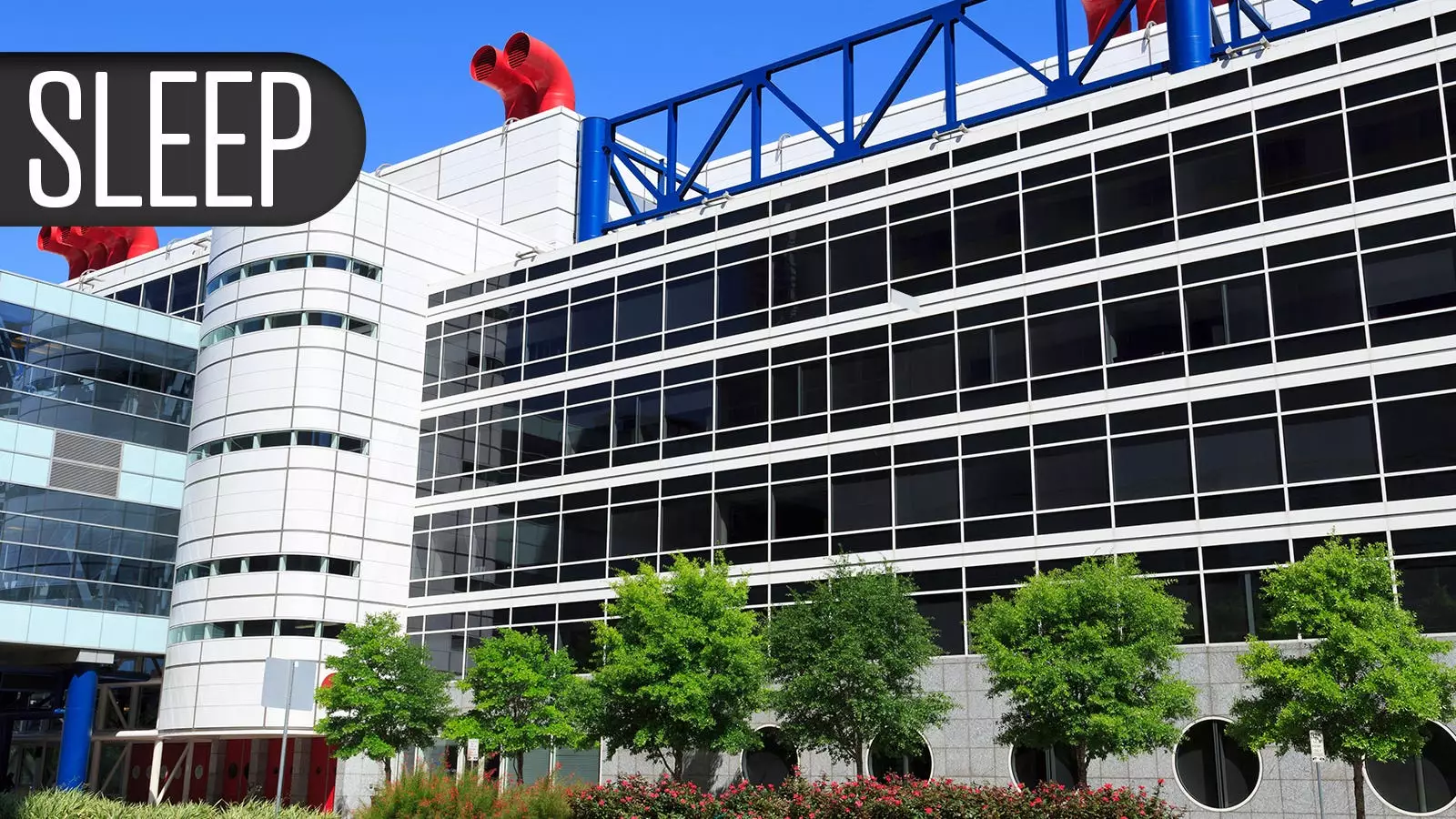Transvenous phrenic nerve stimulation (TPNS) has been identified as a potential treatment option for patients with central sleep apnea and heart failure. Upon analysis of the Remedē system pivotal trial, it was discovered that the use of TPNS resulted in a significantly higher chance of improved clinical outcomes for these patients. This article aims to delve deeper into the implications of these findings and analyze the potential benefits and risks associated with this treatment approach.
The study conducted by Robin Germany, MD, at the University of Oklahoma College of Medicine revealed compelling evidence regarding the efficacy of TPNS in central sleep apnea patients with heart failure. The win ratio analysis showcased a five-fold higher chance of better clinical outcomes for the treatment group, as compared to the control group. The results indicated a significant improvement in terms of reducing death rates, heart failure hospitalizations, and enhancing the Oxygen Desaturation Index by 25%.
These findings shed light on the potential benefits of incorporating TPNS into the treatment regimen for patients with central sleep apnea and heart failure. It is crucial for healthcare providers to consider this alternative therapeutic option, especially for individuals who may not respond well to traditional sleep apnea therapies. The FDA approval of the Remedē device in 2017 underscores the growing recognition of the efficacy and safety of TPNS in managing central sleep apnea.
While the use of TPNS has shown promising results, it is essential to acknowledge the potential risks associated with this treatment approach. The pivotal trial highlighted various complications such as pocket erosion, hematoma, infection, and lead displacement, which need to be carefully monitored and managed by healthcare professionals. Additionally, further research is required to assess the long-term implications of TPNS on patient outcomes and overall quality of life.
Moving forward, there is a need for continued research and innovation in the field of central sleep apnea and heart failure management. Collaborative efforts between cardiologists, pulmonologists, and sleep specialists are essential to develop comprehensive treatment strategies that address the complex needs of these patient populations. By exploring novel interventions and technologies, we can enhance the standard of care for individuals affected by central sleep apnea and heart failure.
The utilization of transvenous phrenic nerve stimulation presents a promising avenue for improving clinical outcomes in patients with central sleep apnea and heart failure. While the initial findings from the Remedē system pivotal trial are encouraging, further research is warranted to validate the long-term efficacy and safety of this treatment modality. By embracing innovation and collaboration within the healthcare community, we can advance the care and management of individuals with complex respiratory and cardiovascular conditions.



Leave a Reply